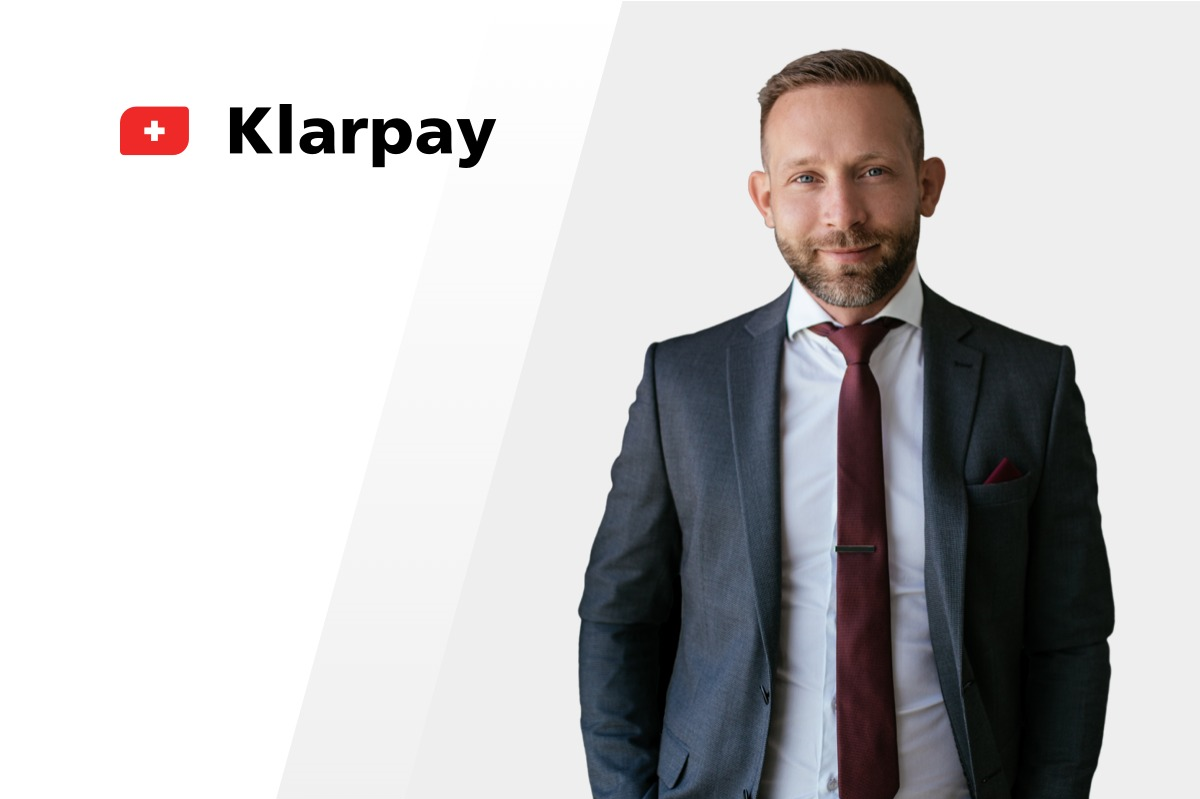fintechview discusses with the entrepreneur and CEO of Swiss-licensed fintech Klarpay AG, Martynas Bieliauskas, his insights on future-ready paytech, digital banking and Klarpay’s approach to servicing global digital businesses with scalable transactional banking solutions.
What’s the biggest challenge digital businesses are facing today, in your opinion?
Coming from a digital entrepreneurship background, I have to say that one of the biggest challenges faced by digital businesses is access to efficient transactional banking. The conflict is that most banks apply risk assessment processes that are simply not adapted to a lot of fast-paced online business models.
On the flip side, online businesses demand their banking partners to provide services digitally and instantly through up-to-date technical integrations and protocols. Unfortunately, most legacy banks don’t have the necessary modern technical infrastructure in place to do that.
At Klarpay, we built the technology and operational focus necessary to help bridge this gap between traditional banking and online businesses by providing digital merchants with modern transactional banking and digital disbursement solutions.
How Klarpay’s offering compare to that of traditional financial services?
When we founded the company in 2019 our vision was to create a nimble all-in-one solution that will empower digital businesses through borderless, scalable, and omnichannel payment capabilities that improve manual procedures with technology and that can be tailored to their unique client base.
Acquiring a deposit-taking licence by the Financial Market Supervisory Authority (FINMA) enables us to provide digital entrepreneurs with a comprehensive business banking and payments service that includes everything from IBAN accounts and virtual debit card issuance to global payment acceptance.
The idea to create Klarpay and acquire the prestigious FINMA licence stemmed from our past frustrations in securing robust financial solutions for some of our previous online business ventures.
Our goal is for Klarpay to be as independent, secure, and all-encompassing a solution as possible in terms of technology, licensing, and payments infrastructure. Today, Klarpay’s mission is to solve the widening gap between the banking and payment needs of online companies and the antiquated systems, processes, and experiences offered by brick-and-mortar financial institutions.
What is in your opinion the future of paytech and how is Klarpay preparing for it?
Overall, we see a rapid move from point providers to fully integrated solutions for embedded financial experiences. This trend will only gain more momentum as the true potential for a digital API-led alternative to commercial payments relies upon an agile and efficient ‘behind the scenes’ payments process.
The other big trend we see is, of course, cryptocurrency acceptance. Crypto is real-time, cheap, and irrevocable; from the merchant’s perspective, it constitutes an attractive payment method.
Klarpay’s FINMA regulation gives us a unique competitive advantage when it comes to enabling cryptocurrency transactions, as Switzerland has been one of the few countries in the world to define a clear regulatory framework on how to convert crypto to fiat.
Who is who
Martynas is an innovative leader with over 15 years of experience in the financial services and fintech industry. A serial entrepreneur, Martynas has a proven track record in building high-growth businesses through people leadership, innovation, and technology. In his last venture as one of the founders and key stakeholders of a multinational Fintech company, Martynas had successfully steered an organization from inception to servicing over 1.5 million users globally with more than a billion EUR in daily transaction volume.
Martynas’ experience in scaling businesses has exposed him to the inefficiencies of traditional business banking, payment, and disbursement solutions. As one of the founders and current CEO of Klarpay, Martynas’ mission is to make B2B banking and payment solutions accessible to digital businesses of all kinds.

